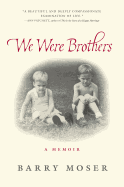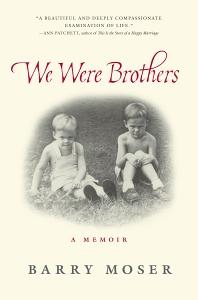 Book designer and illustrator Barry Moser and his brother, Tommy, grew up in the Tennessee country surrounding Chattanooga in the Jim Crow era. As boys, they were never close, and shared more physical conflict than anything else. As men, they grew further apart, disagreeing about everything from food to politics, as Barry renounced the racism they were raised with and Tommy did not. Only near the very end of Tommy's life did they begin to communicate meaningfully and build the beginning of a relationship that would be cut short. We Were Brothers is Barry's memoir of regret and remembrance.
Book designer and illustrator Barry Moser and his brother, Tommy, grew up in the Tennessee country surrounding Chattanooga in the Jim Crow era. As boys, they were never close, and shared more physical conflict than anything else. As men, they grew further apart, disagreeing about everything from food to politics, as Barry renounced the racism they were raised with and Tommy did not. Only near the very end of Tommy's life did they begin to communicate meaningfully and build the beginning of a relationship that would be cut short. We Were Brothers is Barry's memoir of regret and remembrance.
The story of these two young men, and the times in which they lived, is plainly depicted. Moser's narrative tone is straightforward in its observations from the perspective of small children, but the wisdom of the older man shines quietly through. For example, he wonders at his mother's friendship with a black neighbor, who was accepted in many ways almost as family, but still expected to act differently in front of certain company; the family's ingrained racism is inexplicable in this context, but never questioned. The young boys have a playmate who is black: he is mistreated in ways that do not resonate with the childhood Barry, but in adulthood he cannot remember that boy without tears.
After many disagreements and fistfights, the brothers go their separate ways, with Tommy joining the military while Barry went to college. Barry came to view the anti-Vietnam War movement with sympathy, reassessed his family's racist views and left the South, while Tommy stayed. In his late 50s, Barry takes a phone call from his estranged brother that ends in racial epithets. Barry hangs up on Tommy, and their discord appears permanent. But then they begin writing letters, in which each man shares his hurts and disappointments. The first few letters, reproduced in the book, seem promising of a new era of openness, understanding and allowance for past mistakes. And then Tommy dies.
Moser's deceptively simple story is accompanied by his own extraordinarily lovely drawings of the characters and places in question, so that the reader gains a visual glimpse into the people he evokes. We Were Brothers skillfully displays an introspective quality as the older man looks back with regret over a relationship he never had, and with appreciation for one briefly shared. Moser's understated style only reinforces that musing tone. In the end, even as the painful brotherhood he recalls echoes the evils of a racist time and place, Moser's calmly gentle, elegiac storytelling voice paints a picture that is loving as well as remorseful. --Julia Jenkins, librarian and blogger at pagesofjulia
Shelf Talker: This reflective memoir of brotherhood, the evils of racism and sibling spats is as finely illustrated as it is well told, and will please diverse readers.
 U.K. bookstore chain Waterstones is removing Amazon's Kindle devices from many of its stores, the Bookseller reported. Managing director James Daunt said Kindle sales "continue to be pitiful so we are taking the display space back in more and more shops. It feels very much like the life of one of those inexplicable bestsellers; one day piles and piles, selling like fury; the next you count your blessings with every sale because it brings you closer to getting it off your shelves forever to make way for something new. Sometimes, of course, they 'bounce' but no sign yet of this being the case with Kindles."
U.K. bookstore chain Waterstones is removing Amazon's Kindle devices from many of its stores, the Bookseller reported. Managing director James Daunt said Kindle sales "continue to be pitiful so we are taking the display space back in more and more shops. It feels very much like the life of one of those inexplicable bestsellers; one day piles and piles, selling like fury; the next you count your blessings with every sale because it brings you closer to getting it off your shelves forever to make way for something new. Sometimes, of course, they 'bounce' but no sign yet of this being the case with Kindles."






 The
The 
 In 2017, the
In 2017, the 

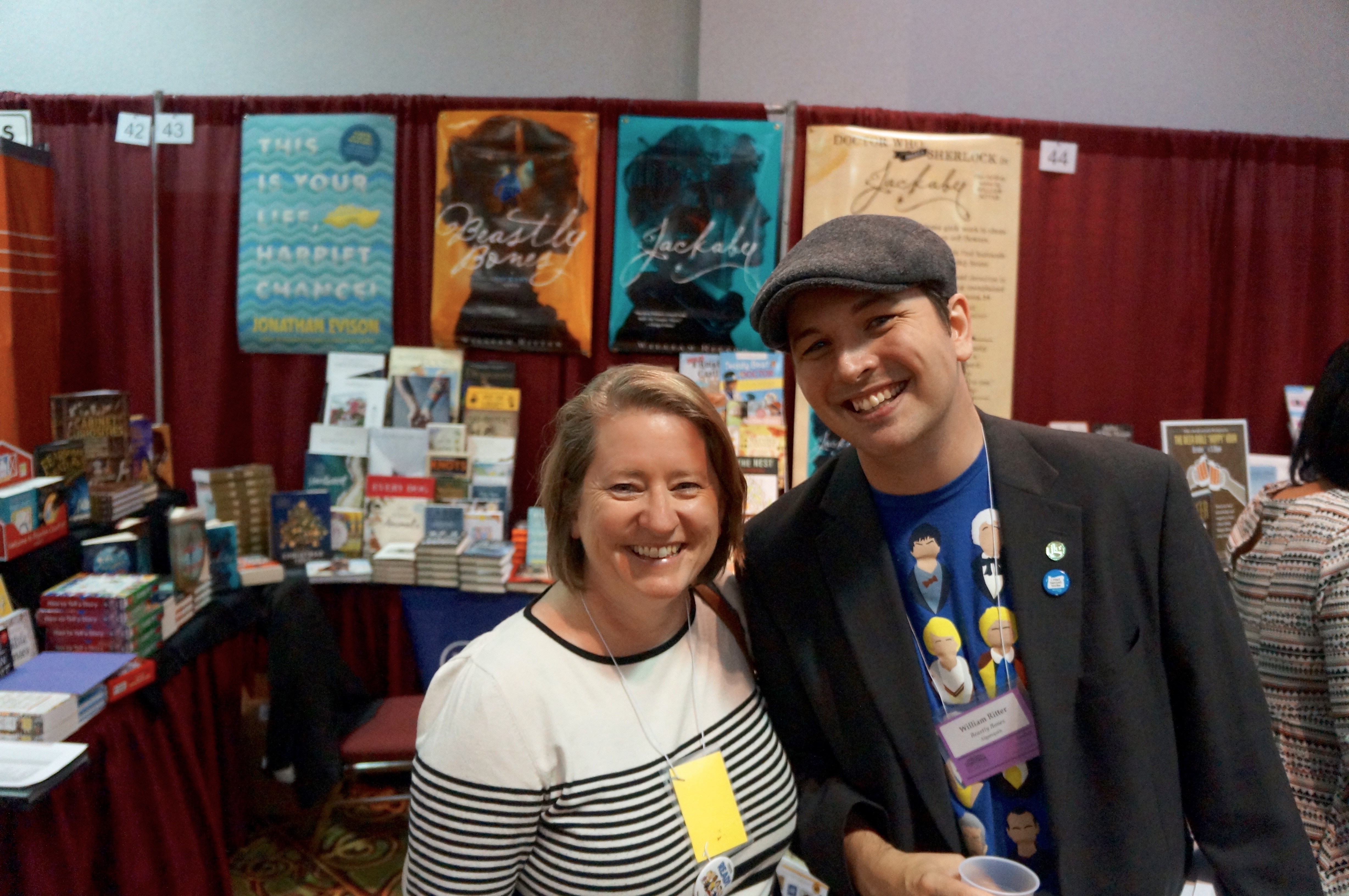
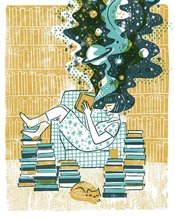 Reading Frenzy, Portland, Ore., which focuses on independent, small press and self-published titles, is also home to Show & Tell Press and Minikin Gallery, celebrated its 21st anniversary last month by inviting 21 artists to create work celebrating reading. See their efforts
Reading Frenzy, Portland, Ore., which focuses on independent, small press and self-published titles, is also home to Show & Tell Press and Minikin Gallery, celebrated its 21st anniversary last month by inviting 21 artists to create work celebrating reading. See their efforts 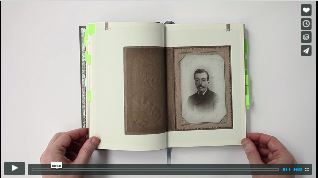 Bats of the Republic: An Illuminated Novel
Bats of the Republic: An Illuminated Novel Book designer and illustrator Barry Moser and his brother, Tommy, grew up in the Tennessee country surrounding Chattanooga in the Jim Crow era. As boys, they were never close, and shared more physical conflict than anything else. As men, they grew further apart, disagreeing about everything from food to politics, as Barry renounced the racism they were raised with and Tommy did not. Only near the very end of Tommy's life did they begin to communicate meaningfully and build the beginning of a relationship that would be cut short. We Were Brothers is Barry's memoir of regret and remembrance.
Book designer and illustrator Barry Moser and his brother, Tommy, grew up in the Tennessee country surrounding Chattanooga in the Jim Crow era. As boys, they were never close, and shared more physical conflict than anything else. As men, they grew further apart, disagreeing about everything from food to politics, as Barry renounced the racism they were raised with and Tommy did not. Only near the very end of Tommy's life did they begin to communicate meaningfully and build the beginning of a relationship that would be cut short. We Were Brothers is Barry's memoir of regret and remembrance.